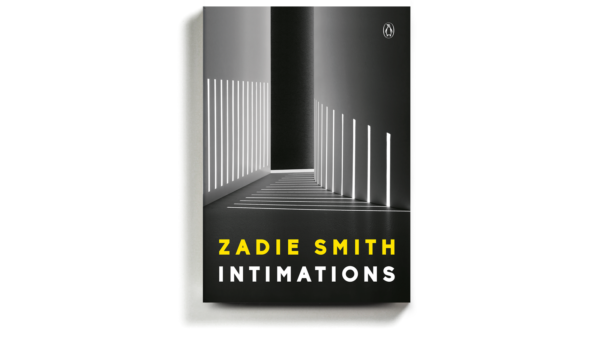

It’s a relief that punchy turns of phrase and scathing oversimplification-the dominant modes of most contemporary chatter-are not of interest to Smith. But clarity or fresh insight on a still-unfolding catastrophe is a tall order.

I understand why editors at our leading magazines would turn to our most gifted artists to weigh in on everything that’s happening. I’ve yet to try a banana bread of which one could say the same.There’s nothing here to quibble with. But Smith’s raw, visceral book is nonetheless a powerful portrait of what we’re living through. Intimations can be dogmatic (possibly inevitable in these highly charged times) and the next years will no doubt bring more polished reflections. Yet while Smith clearly wants structural change, Intimations is more despairing than hopeful - in one essay, which equates contempt to a virus, she says she no longer thinks there will be a “vaccine” for racism. One might expect a rush-published collection such as this to be an urgent call to arms. Her criticisms are most persuasive when she shows rather than tells, as in the fifth of the six essays, a series of vignettes illustrating the inequality that means New York’s virus map “turns redder along precisely the same lines as it would if the relative shade of crimson counted not infection and death but income brackets and middle-school ratings”. A slightly harsh indictment of writers, perhaps, but a refreshing change from the usual romanticisation.Īs well as productivity, this slim volume covers race, gender and how badly the New York-based Smith feels both US and UK politicians have handled Covid-19. “They are both just something to do” and are, besides, “no substitute for love”, without which time is meaningless, she argues.

A report by Lucy Knight for The Times of London.īefore you chide yourself for having spent lockdown baking or watching Netflix while Zadie Smith has used this time to pen an essay collection, know that the British novelist sees “no great difference” between writing and making banana bread.


 0 kommentar(er)
0 kommentar(er)
